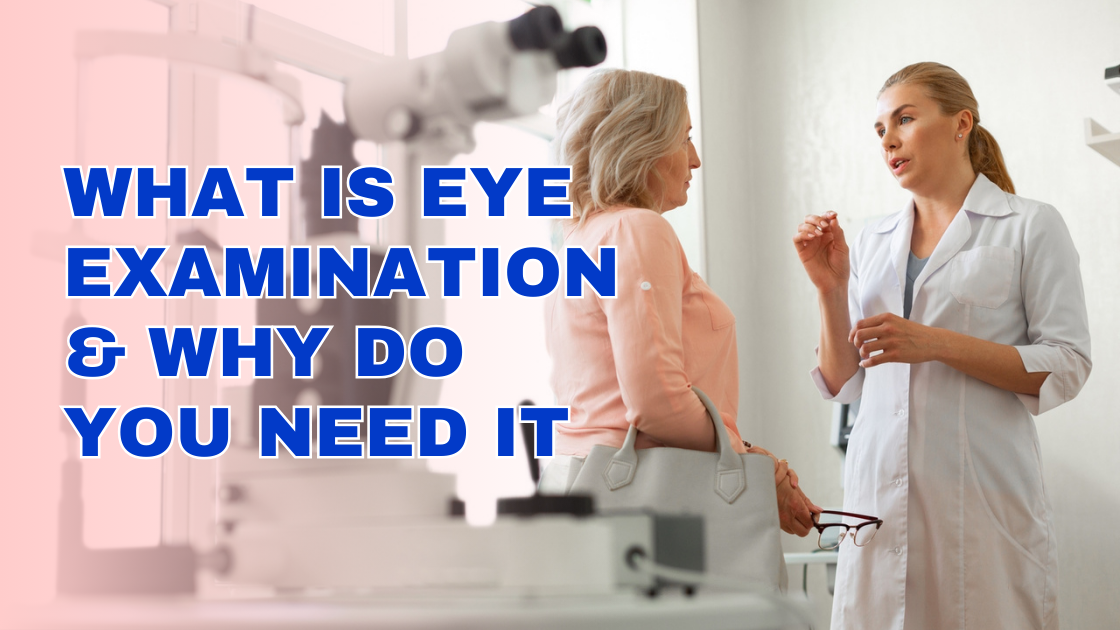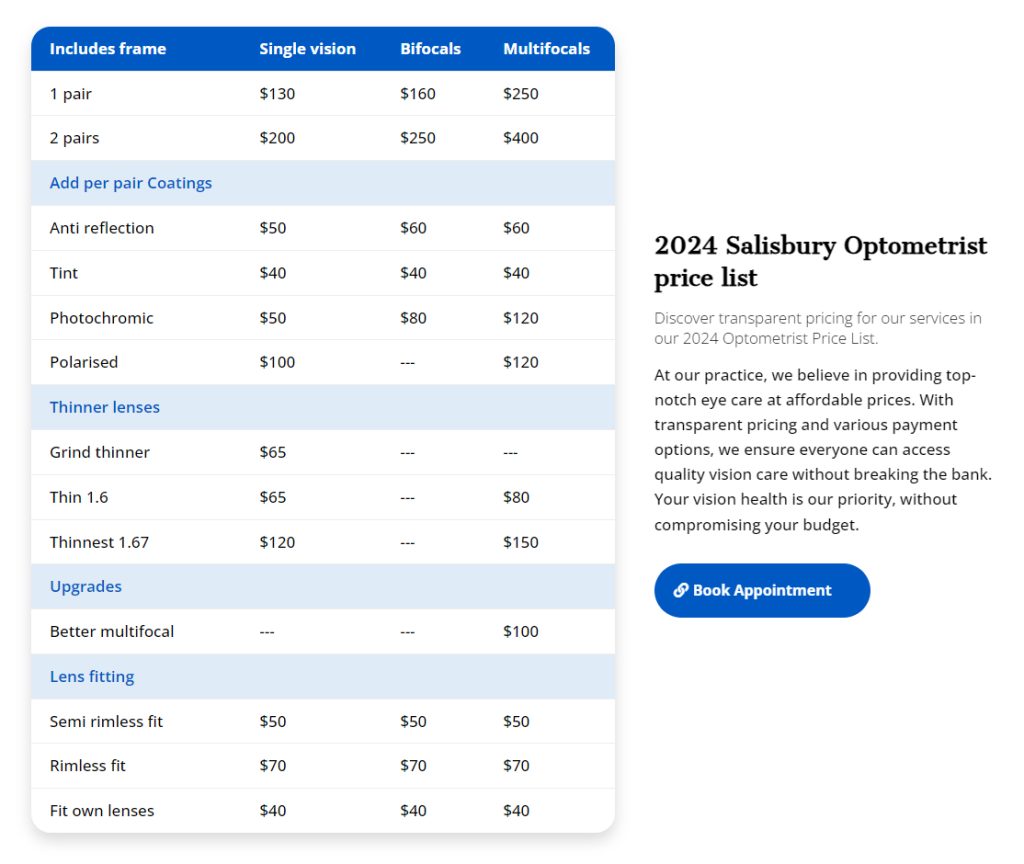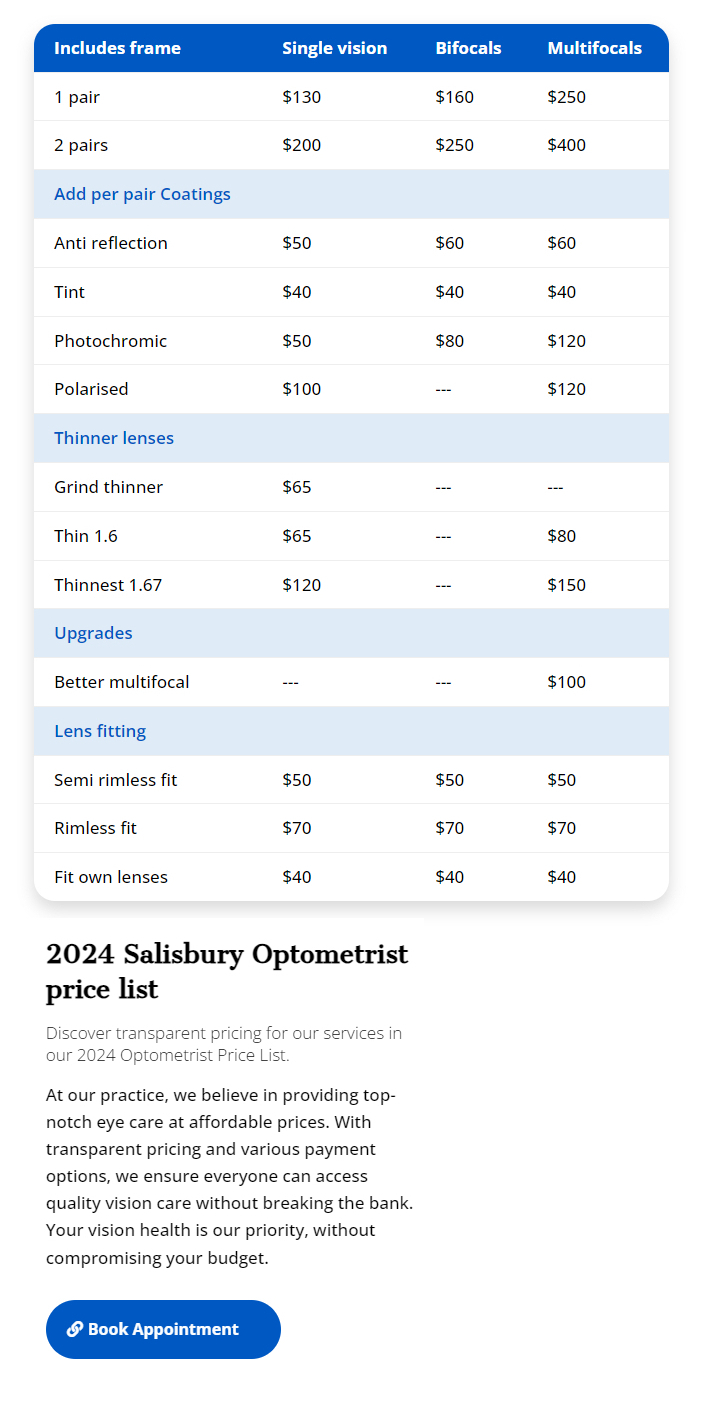Eye examinations are not merely routine check-ups for visual acuity; they serve as vital screenings for both vision health and systemic well-being. In our human physiology, the eye emerges as a crucial body part, offering us the ability to see the world. Recognizing this, the need for a regular eye examination for individuals of all ages cannot be overlooked. If you’re considering undergoing an eye examination test, read this blog to uncover the multiple benefits and significance they hold in preserving both sight and wellness.
Intro to Eye Examinations
Eye examinations encompass a range of tests to evaluate various aspects of ocular health and visual function. These tests include assessing eye muscle movement, visual acuity, refractive error, visual field, colour vision, and the physical health of the eyes and surrounding structures. Additionally, eye exams can discover signs of systemic diseases like diabetes, hypertension, and even certain cancers. The importance of eye exams is crucial as they provide a clear view of blood vessels, nerves, and connecting tissues without invasive procedures.
Who Should Undergo Eye Examinations and How Often?
The frequency of eye examination tests varies across different age groups and risk profiles. While children typically begin eye exams around preschool age, adults are advised to undergo regular screenings based on age and individual risk factors. Guidelines recommend eye exams every one to two years for adults aged 65 and above, while younger adults may require less frequent screenings. However, individuals with specific risk factors, such as a family history of eye diseases or underlying health conditions like diabetes, may need more frequent monitoring.
The Process of an Eye Examination
Eye examinations comprise a series of tests aimed at evaluating different aspects of ocular health and visual function. From assessing visual acuity using eye charts to examining the retina with specialized instruments, each test provides valuable insights into the patient’s eye health. Tests like pupillary response testing, confrontation visual field tests, and retinoscopy enable the detection of abnormalities in eye function or structure.
Interpreting the results of an eye examination requires expertise and attention to detail. While normal results indicate healthy visual function and ocular structures, abnormalities may signify underlying conditions such as glaucoma, cataracts, or retinal disorders. Regular monitoring and follow-up examinations are essential for tracking changes in eye health and implementing timely interventions when necessary.
After an eye examination, individuals may receive prescriptions for corrective lenses or further referrals for specialized care from Salisbury optometrist if abnormalities are detected. It’s crucial to follow any recommendations provided by the eye care provider and adhere to prescribed treatment plans for optimal eye health.
Benefits of Eye Examination Test
Eye examinations offer various benefits beyond just vision correction, encompassing the promotion of overall health and the preservation of long-term visual acuity. It includes:
-
Early Detection of Vision Problems
Eye examinations can uncover refractive errors like nearsightedness, farsightedness, and astigmatism, allowing for timely correction with glasses or contact lenses. Detection of eye conditions such as glaucoma, cataracts, and macular degeneration in their early stages enables prompt intervention to prevent vision loss.
-
Assessment of Overall Health
Beyond vision, eye exams provide insights into systemic health conditions. Signs of diseases like diabetes, hypertension, and autoimmune disorders may manifest in the eyes, making them detectable during an examination.
-
Monitoring Eye Health
Regular eye examinations facilitate the ongoing monitoring of eye health and visual function, enabling the timely adjustment of treatment plans as needed. Individuals with existing eye conditions, such as glaucoma or diabetic retinopathy, benefit from frequent examinations to track disease progression and prevent complications.
-
Preservation of Long-Term Vision
By detecting and addressing vision problems and ocular conditions early, eye examinations contribute to the preservation of long-term visual acuity and overall eye health. Timely interventions, such as the prescription of corrective lenses or surgical procedures, can mitigate the risk of vision loss and maintain optimal visual function.
Conclusion
In conclusion, eye examination tests serve as comprehensive assessments of ocular health and overall wellness, extending far beyond mere vision tests. By recognizing the significance of regular eye exams and adhering to recommended screening schedules, individuals can proactively safeguard their vision and maintain optimal eye health. Don’t overlook the importance of scheduling your next eye exam appointment, to ensure that you continue to see the world clearly and enjoy a lifetime of healthy eyes.




0 Comments